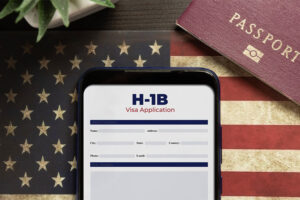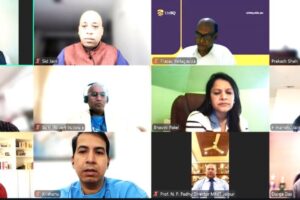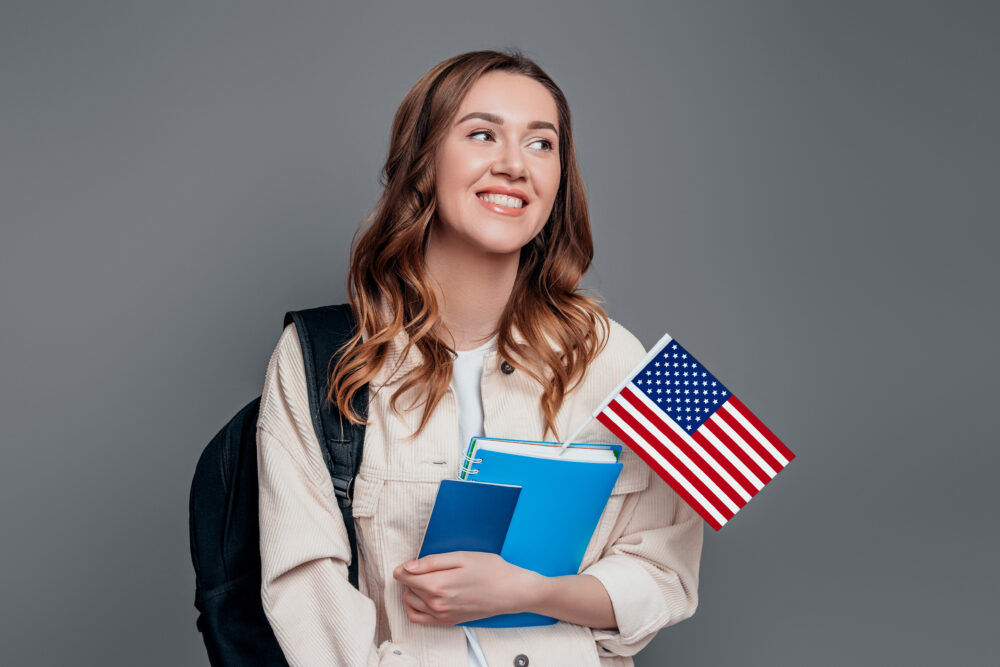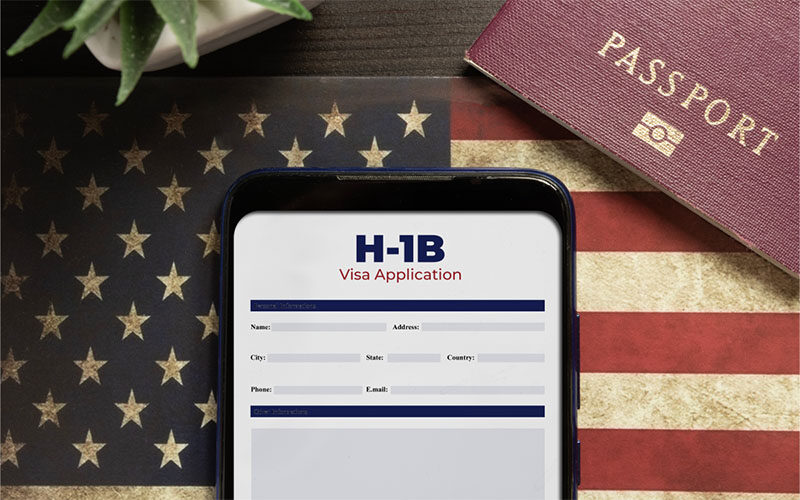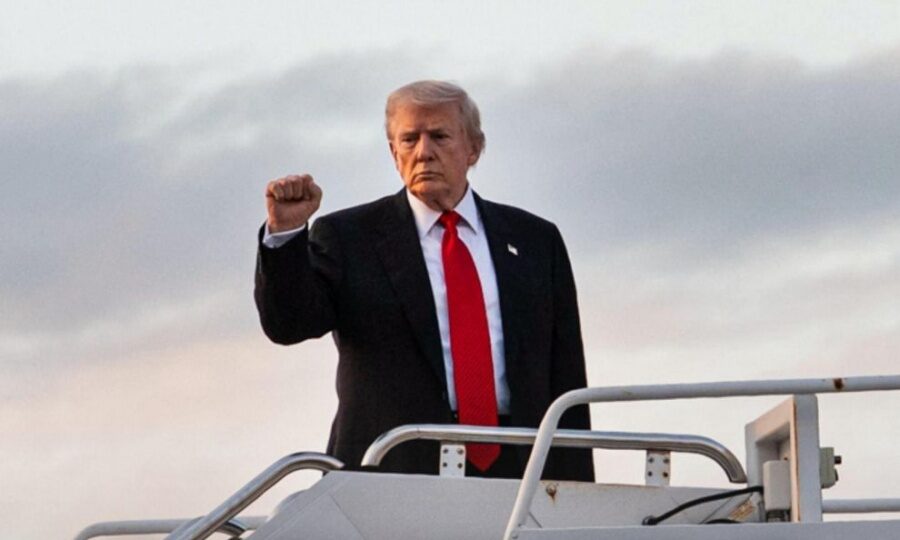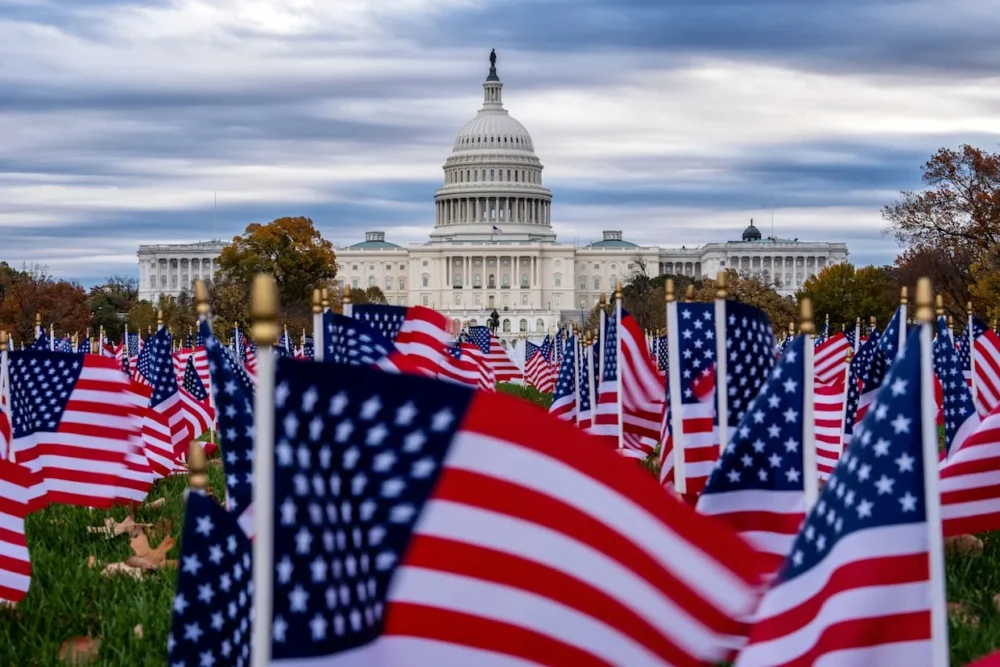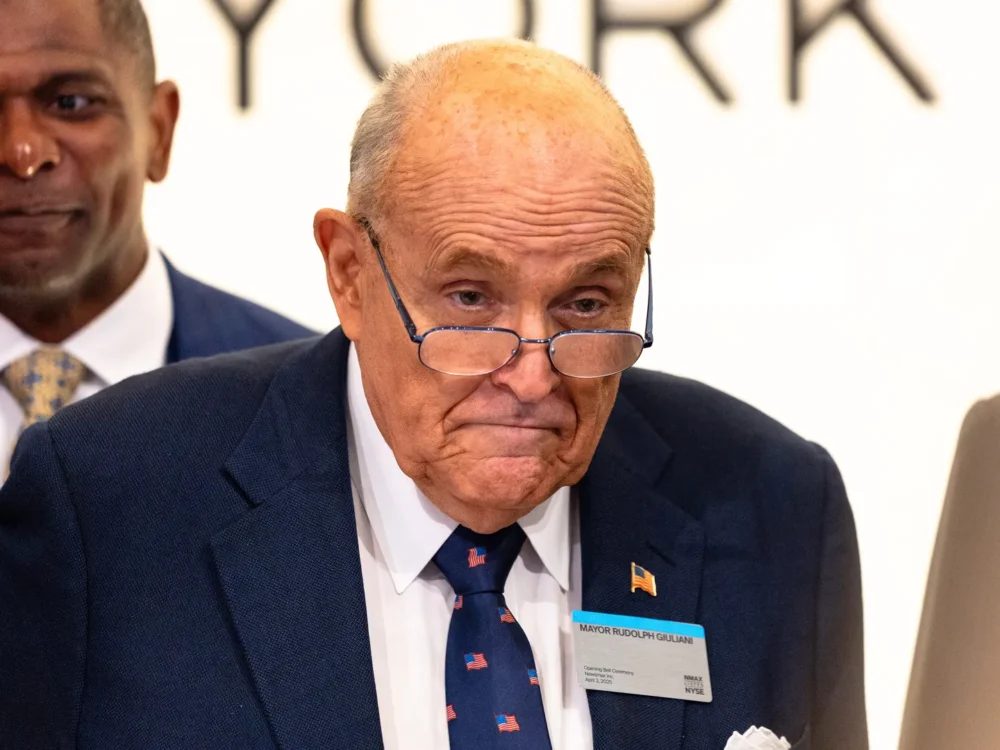Major changes are being proposed for the U.S. H-1B visa system under new federal rules, which are expected to affect international students, fresh graduates, and skilled workers across various industries.
One key shift is moving away from the traditional lottery model toward a system that gives priority to higher-wage positions. The idea is to favour applicants with more lucrative job offers, making it harder for those in lower-paid or borderline roles to qualify. Eligibility criteria are slated to be stricter, and employers will face tougher oversight to discourage misuse.
Visa duration policies may also change: holders could see more fixed terms with fewer extension options, reducing flexibility for career planning in the long term. The rules defining “specialty occupations” are likely to be tightened, affecting which jobs qualify.
For international students and recent graduates, this means the competition for H-1B visas will become more intense. Pursuing high-demand fields with strong compensation will become more critical. Those who were hoping to transition from student status into the U.S. workforce may find the pathway more complex, and early-career professionals might be at a disadvantage unless their skills, job offers, or chosen roles align with the elevated thresholds.


